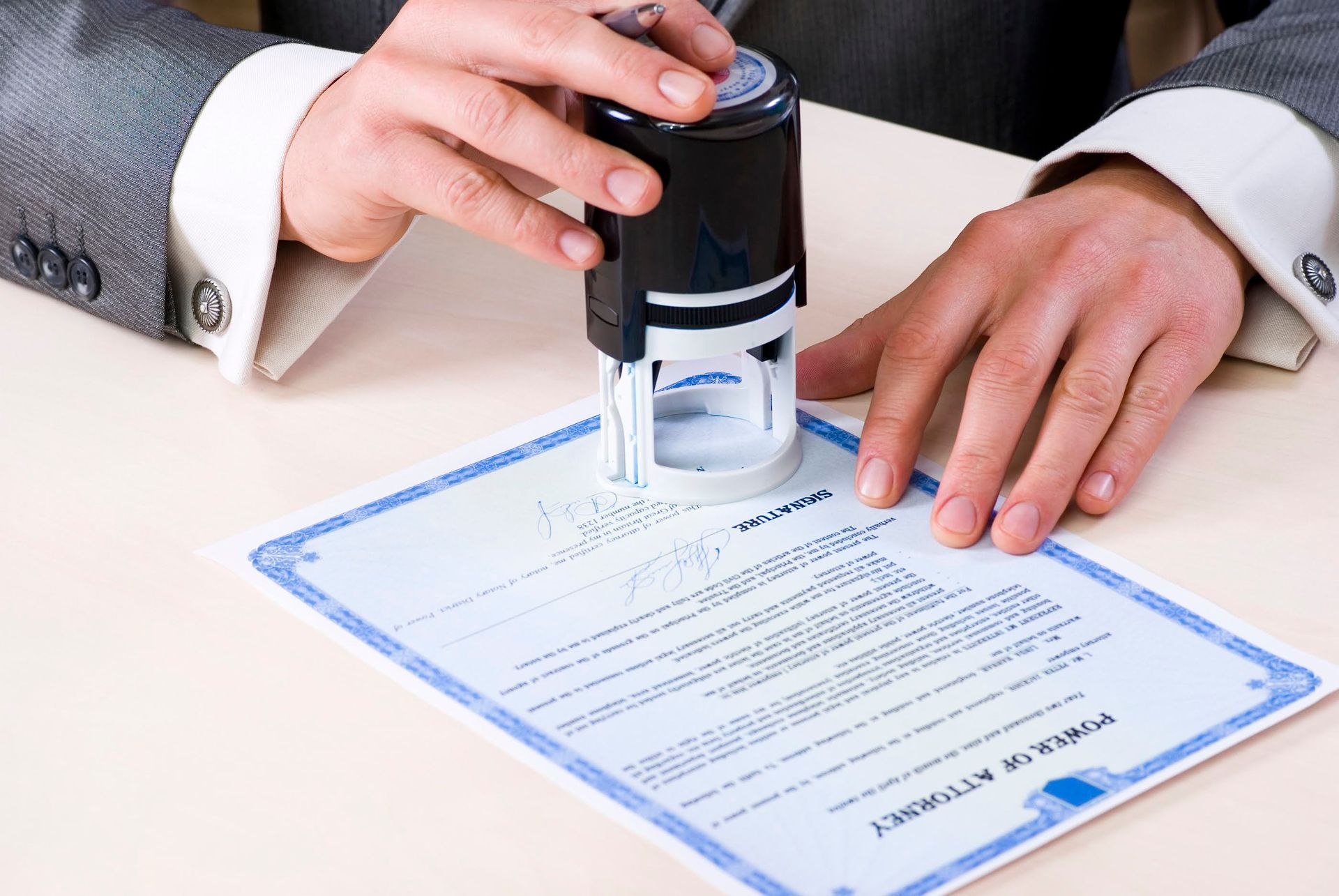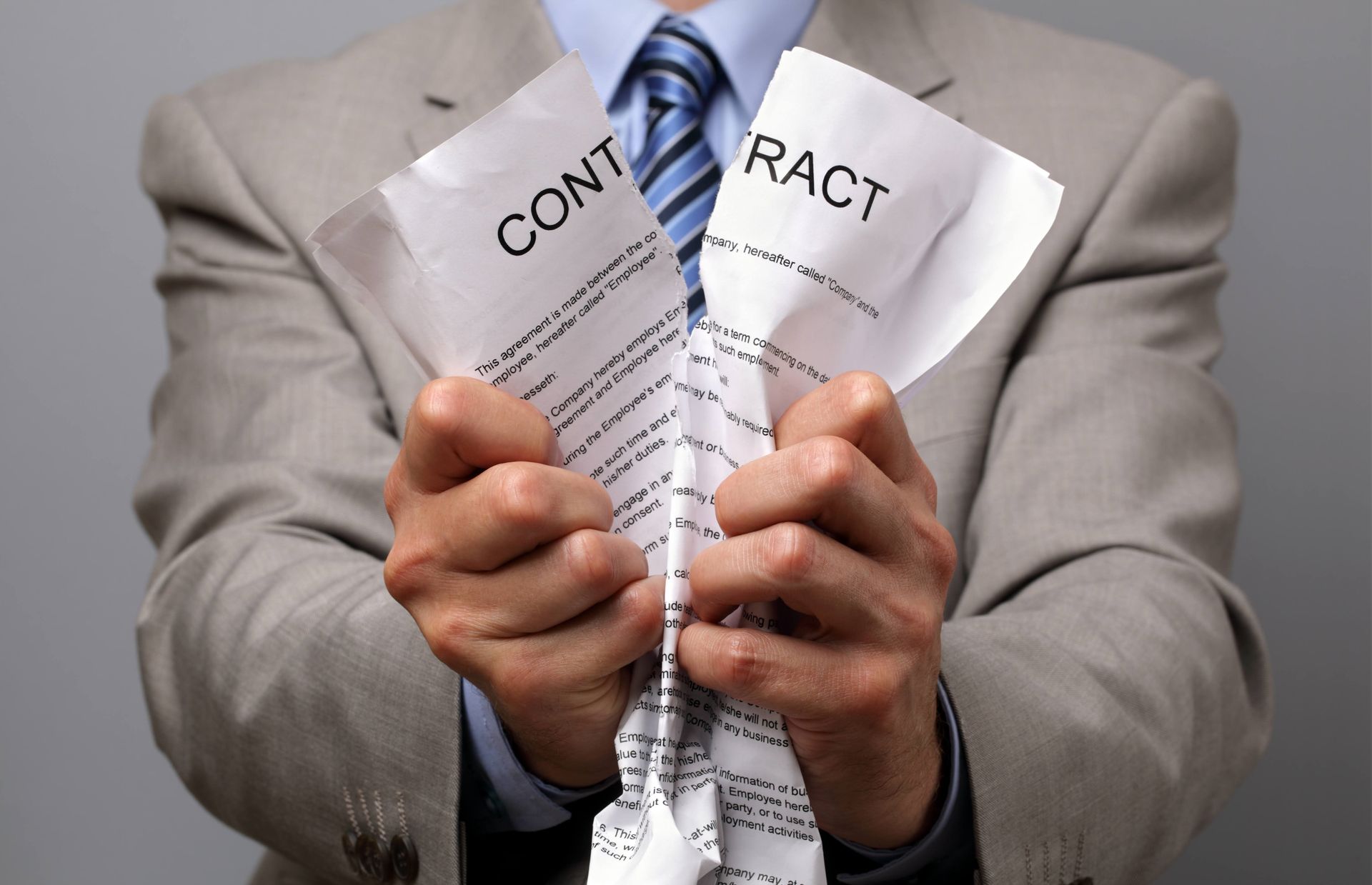How to Prevent Fights Between Adult Children Over an Estate
Many American adults have yet to p erform any type of estate planning. The absence of these types of documents, such as a will, can cause stress for adult children. Legal documents help to guide people after the loss of a loved one. Yet, they do not end the need for communication between pa rents and adult children about end-of-life issues.
Discuss More Than Money
A decision on how the family will divide the tangible property is important, but you should discuss other topics as well. Parents need to walk their children through what should hap pen during the days after a death. Discuss openly with the family about when property division will take place, who should take the lead on the effort, and what happens to unwanted incidentals.
A clear understanding of how to manage the details can help th e siblings work as a team when the time arrives. Know who will handle funeral preparations, notifying friends and family of the death, and turning off the utilities to the home or contacting a realtor. Pre-plan as many arrangements as possible to lessen th e strain and the chance for conflict.
Meet as a Group
Include every sibling in the discussions each time. Opinions or plans can become miscommunicated when passed between children later. Skype and other video sharing services make it easy to connect even w hen people live in different areas of the country.
The meetings should include how the division of possessions will take place and what type of items each child has an interest in keeping. Do not restrict the talk to only the items with a monetary value. M any people treasure keepsakes more than antiques. Know how to divide or give away items like family photographs, old childhood toys, and a favorite family quilt.
Hire an Estate Lawyer
A professionally prepared estate plan enables people to learn about lega l options like trusts, living wills, and much more. People that meet with a lawyer can also learn if they have adequate life insurance and get help to choose an executor for their estate. Talk to the children after the meeting or bring them along and make certain each has a copy of all documents.
Keep Documents Together
Invest in a fireproof box and store together bank records, stock information, and titles to all property along with any original estate-related documents. Inform all children of the location of these documents so they do not have to wade through boxes and drawers to seek them out.
Discuss any Estate Changes
Pass out updated documents if a life circumstance causes a change in the will. Do not try to hide changes because this could lead to mistrust among siblings if only one knows of the change. Never secretl y give items away or go back on promises. Be honest if a medical emergency or investment mistake drains family funds because people may believe a sibling has the money.
Honesty is a great way to avoid future conflicts among siblings.
Prepare for an Illness
Make certain the siblings know how the care of their parents will take place. Many disagreements start when an adult child takes on the responsibility of caring for an aging or dying parent without adequate support from siblings. Avoid this through a clea r discussion of who should take on the caregiver role, and what compensation they will receive for their effort.
Look into long-term care insurance policies to avoid draining inheritances. A durable power of attorney allows people to put someone in control of their financial decisions if they become incapacitated. A living will and advance health care directive ensure the family members make the medical decisions the individual preferred.
Most legal challenges to wills are unsuccessful for the challenger, b
ut that does not mean they do not cause damage. Open and honest communication beforehand can help to prevent conflicts that can hurt your family. At
Donald B.
Linsky & Associate PA
, we can meet with you and your children to develop an estate plan that is c
omfortable for everyone. Contact us today.
CONTACT INFORMATION
Sun City Center FL 33573













